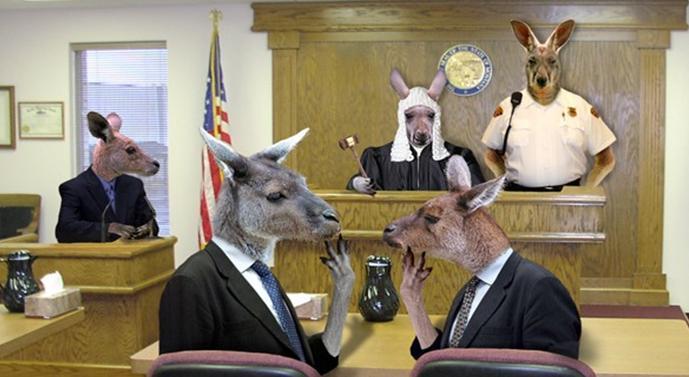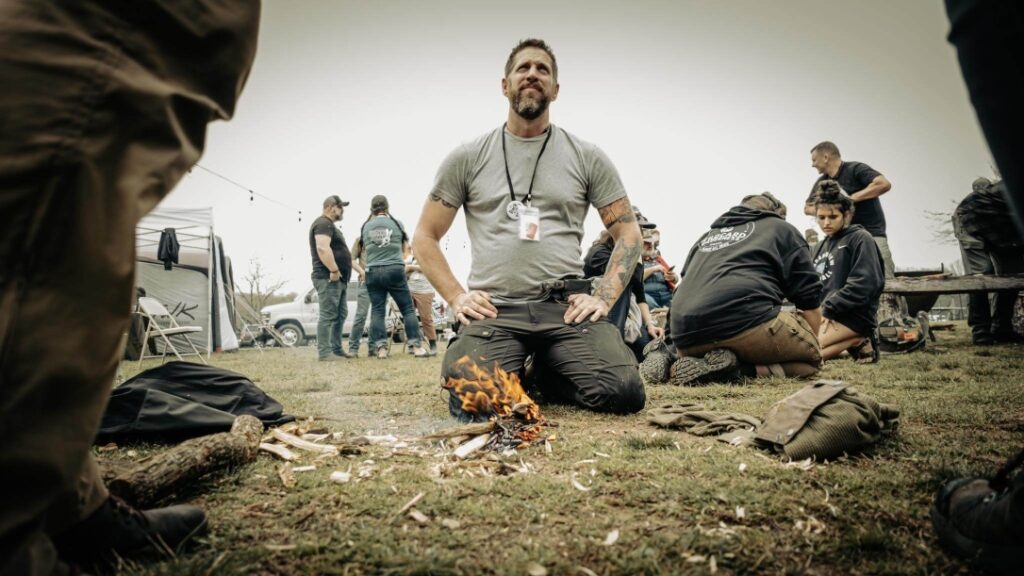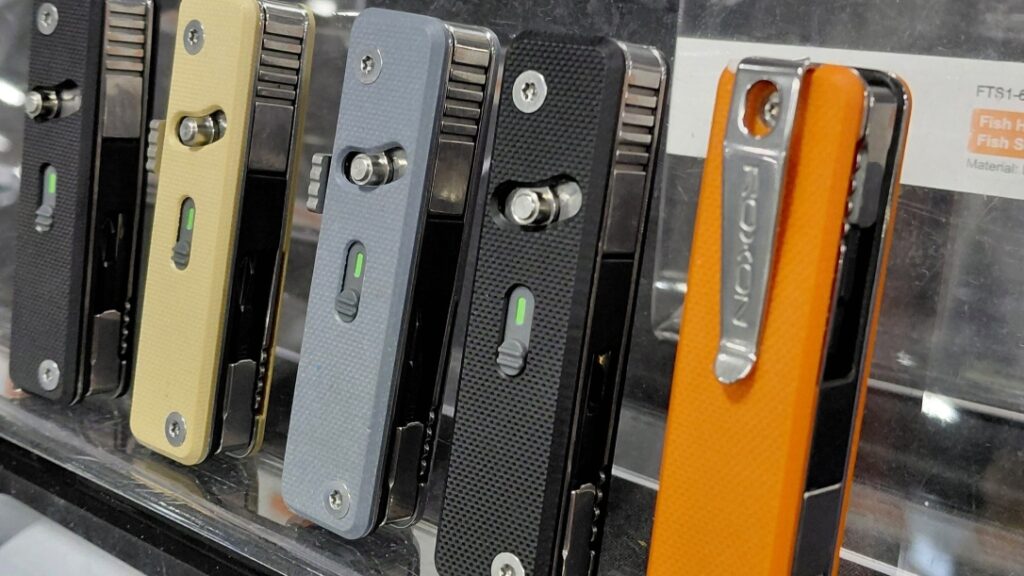[Ed: Dr. Petrocelli’s testimony can be found here; click on “Archives”, then “Virginia Crime Commission, and begin at about 2 hours 6 minutes.]
On Tuesday, I joined my fellow Virginian defenders of the Second Amendment and testified before the Virginia Crime Commission. Its legislators and official appointees will review the gun control bills advanced in response to the Virginia Beach mass murder and offer its recommendations to the General Assembly when it re-convenes this fall.
I focused on the “Red Flag” law for three reasons:
Advertisement — Continue Reading Below
- It infringes on a host of rights: weapons are confiscated after a hearing where the respondents are not present, and therefore do not know the evidence against them, nor have the opportunity to confront their accusers;
- These laws have been mischaracterized as having supporting evidence of reducing suicide and homicide, when in fact there is none that withstands any scrutiny;
- Such bills do the opposite of what I’ve been trained to do as a forensic psychiatrist: respect fellow citizens by using scientifically rigorous methods of risk assessment.
I testified that none of the Red Flag bills being considered provide for treating respondents “with even a modicum of respect, which is to have a risk assessment method that passes some form of rules of evidence. Only a kangaroo court would accept the ‘I know it when I see it’ standard of dangerousness to confiscate weapons.”
Little did I know that New Jersey is in fact setting up such “kangaroo courts.” Its Red Flag bill will take effect next month. Two recently published memoranda, one from the Administrative Office of the Courts (1), and another from the Office of the Attorney General (2), have specifically clarified that “The rules governing admissibility of evidence at trial shall not apply to the presentation and consideration of information at the hearing,”
and, that
Advertisement — Continue Reading Below
“The rules of evidence do not apply at the hearing.”
This means that the people bringing the complaint to the court will not have any restrictions placed on their testimony—truly a free-for-all. How either entity, seemingly by fiat, can eliminate rules of evidence is a matter for attorneys. The rest of us ought to note that there are forces at work that apparently see the foundational principles of American justice as mere speedbumps on the road towards disarmament.
No one wants dangerous people to have firearms, nor any other means of mayhem. The challenge is how to remain a free people that respect the rule of law while providing for our safety. Using the National Threat Assessment Center’s recent report Attacks in Public Spaces as a guide, concerned citizens can invoke mental health or criminal justice resources in response to behavior that signals risk.
Advertisement — Continue Reading Below
After a proper hearing before a judge, with due process protections and by following rules of evidence, the person in question may be committed to a psychiatric hospital, or convicted of a barrier offense to firearms possession. Then, and only then, should there be consideration of “post-adjudicative weapons safety,” or “PAWS”—a means of securing the firearms, preferably in the custody of family that may lawfully steward them.
In the rush to “do something,” let’s keep the focus on Constitutionality and efficacy, and not recklessly disarm ourselves in the process.
References:
Advertisement — Continue Reading Below
(1) New Jersey Court Administrative Office of the Courts Directive # 19-19 dated August 12, 2019
(2) State of New Jersey Office of the Attorney General Law Enforcement Directive No. 2019-2 dated August 15, 2019
.
Advertisement — Continue Reading Below
.

–Dennis Petrocelli, MD is a clinical and forensic psychiatrist who has practiced for nearly 20 years in Virginia. He took up shooting in 2019 for mind-body training and self-defense, and is joining the fight for Virginians’ gun rights.















